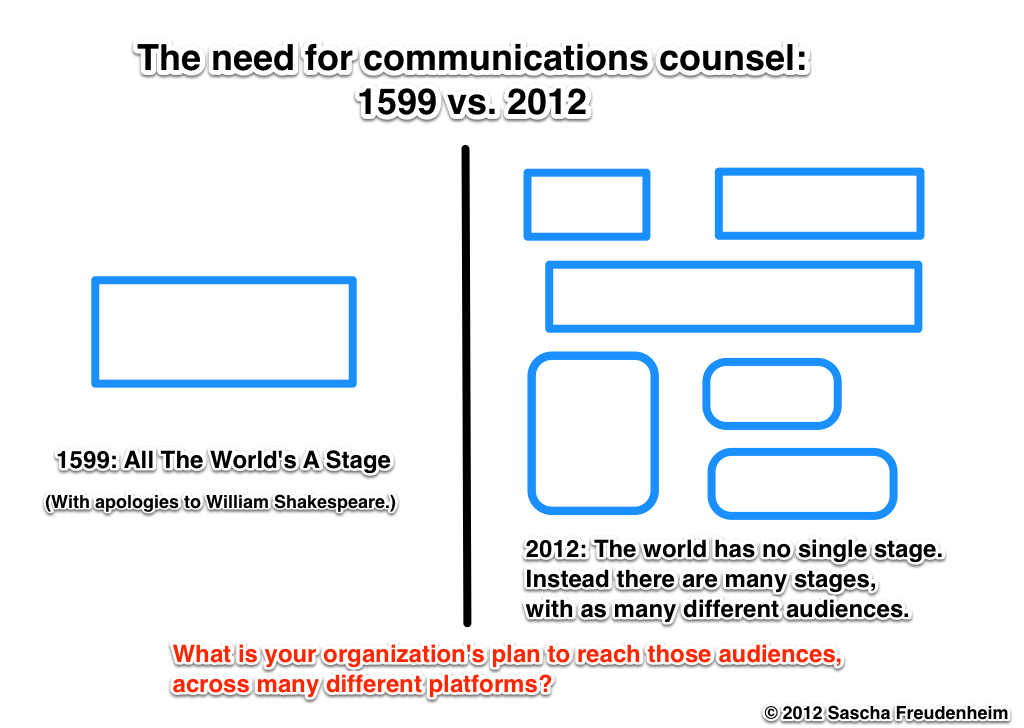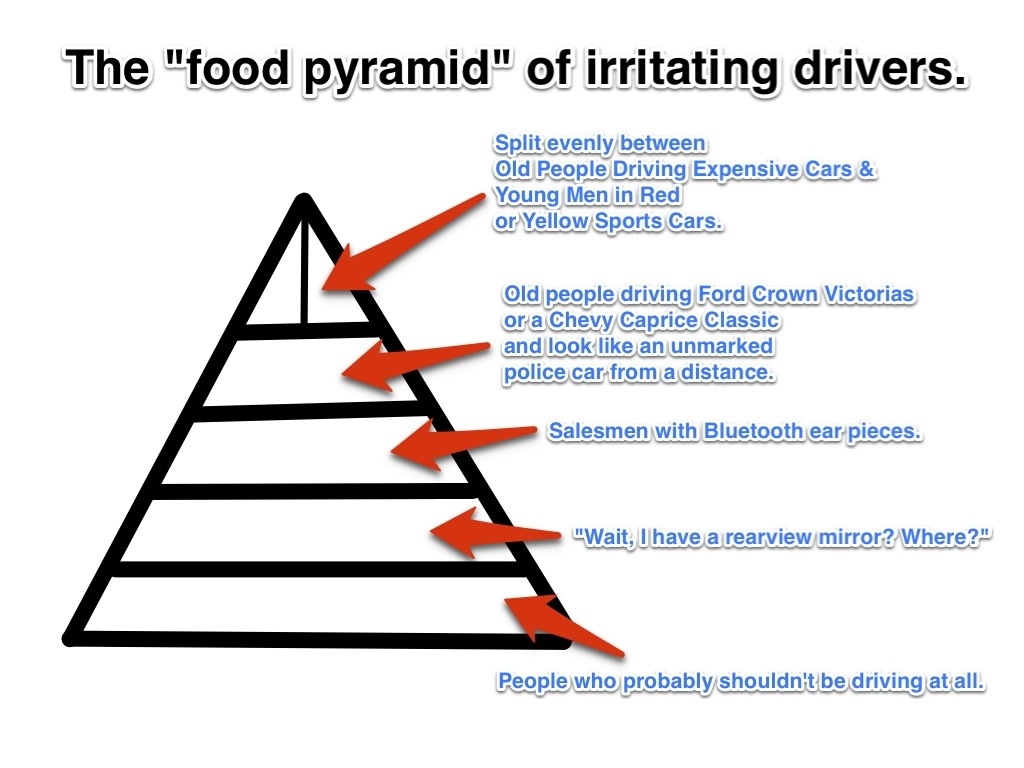Last May, I bought a copy of the book The Hunger Games at Costco. The movie had been released and the frenzy had mostly passed, but seeing the book on sale I decided to investigate–and I was especially intrigued by the blurb on the inside back cover:
Suzanne Collins is the author of the bestselling Underland Chronicle, which started with George the Overlander. In The Hunger Games, she continues to explore the effects of war and violence on those coming of age.
The book sat until recently, and then I finally got around to reading it–having forgotten all about that dust jacket description, and most of the hype about the movie, too.
If you’re looking for an extended summary of the plot, go check out the book’s Wikipedia entry. Here’s a short version: a boy and a girl from each of 12 districts of the country of Panem are chosen at random to compete against each other–to the death–in a fantasy land arena that in some ways resembles the Holodeck from Star Trek: The Next Generation. The losers die and their districts get nothing; the winner gets fame, some fortune, and good things for his/her district. The entire proceedings are broadcast on television to the nation.
Collins borrows from all sorts of sources: We and 1984 created the framework for the kind of controlling, monolithic police state in the book; there’s a slightly post-apocalyptic feel that has resonances of A Canticle for Leibowitz, with its knowledge lost and re-gained; and the themes of violent children come from sources as varied as the Grimm Brothers and Shakespeare to Lord of the Flies. Not to mention the many stories of star-crossed (young) lovers have we all read, including those with twists that give the girls a more tomboyish demeanor and the boys a quieter, SNAG-like feel, as well as those (such as in 1984) who find ways to try to subvert the oppressive regime under which they live. Katniss (the girl) and Peeta (the boy) are composites, and don’t add much new by way of character development.
And this is where I disagree with the blurb. Perhaps what Collins intended to do was explore how young people relate to and respond to violence, but this is not what emerges. If anything, while there is some rejection of and sadness about all the violence and death in evidence from Katniss and Peeta, they seem to adjust to it–to its necessity, to the feeling of needing to inflict it–with the ease that comes from a will to survive. The reader roots for them because, well, of course we do: isn’t that the point?
The radical part of what Collins does is mix all these things together into a new stew with a distinctly 21st century twist: the reality show. This is also the part that gets the least exploration in the book, and deserves the most examination from the perspective of its social impact. Katniss, Peeta, and the other forced “contestants” are aware of being watched by their families and districts. They can play to the cameras for support–often literally, in the form of supplies that get dropped into the game for them–and they wonder occasionally about the reactions of those at home. Yet we get virtually nothing from the audience’s side of the story except the imaginings of those in the game, who presume there to be shouts of glee or signs of sadness when players die or survive. (The one exception is a gift to Katniss that she thinks comes from the members of another district, in recognition of something nice she has done, some subversion of the power of the state.)
It is frighteningly easy to see how we, as a society, could make the transition from the current entertainments of Survivor and The Biggest Loser to the genuine violence and death of The Hunger Games. We accept the former already, not just as entertainment but as a social structure: people are inherently in competition; their achievements in a (probably rigged) game constitute an acceptable judgment of their value; and teamwork is itself a fleeting concept, with alliances formed and reformed until ultimately abandoned in favor of a single victor. (If this sounds both vaguely Darwinian and vaguely like the Republican party platform for the 2012 presidential election, I will let you sort out for yourselves the irony of a party pursuing a Darwinian strategy while denying Darwin’s most important evolutionary insight.) This separation, this distinction between an audience and its entertainment, is dehumanizing, tapping into our basest instincts–to see harm done to those we think we don’t like–while further inoculating us from taking too seriously the reactions of those who are physically or psychically wounded. Collins’ book is no great piece of literature, but in revealing this point so clearly she may have done something good for her “young adult” readers, if only they step back long enough to see it.





